Modern homes often don’t have space for traditional pets, such as dogs or cats. For many, a pet bird offers companionship and beauty, requiring minimum space.
Before rushing off to buy a bird, consider how you intend to interact with it. Will you be training your bird, to talk? Do you have a large home or do you live in an apartment where space is limited? Do you work during the day or will you be at home for most of the day?
The answers to these questions will give you an indication of the type of bird that will suit you. A small apartment would be more suited to a canary or budgerigar, for example.
Let’s take a look at the five most popular pet bird species to help you choose:
| Budgerigars: A Budgies lifespan is between 12 and 14 years and make good first time pets for children. With a wide variety of colours and an interesting repertoire of whistles, they are attractive small birds. 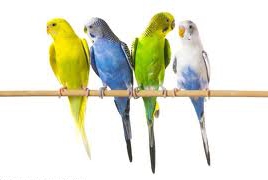 | 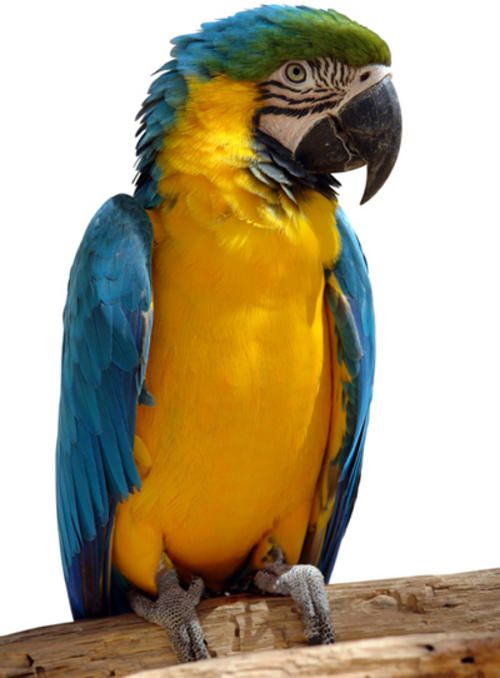 |
| Cockatiels: Another native of Australia, these medium sized parrots are good mimics, particularly telephone rings, which can lead to confusion at times. Cockatiels have an average life span of between 15 to 20 years. | 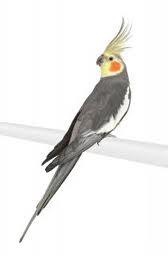 | Canaries: A hugely popular pet bird species, canaries prefer to be looked at rather than touched and their small size, most under five inches long, makes them ideal for apartment dwellers. Average life span is around 10 years. | 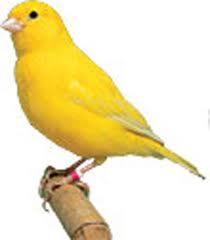 |
| Lovebirds: Slightly larger than canaries, lovebirds are generally quiet, but are highly intelligent and full of personality. A lovebird can live up to 20 years. | 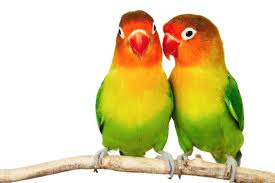 | African Grey Parrots: If you are hoping to teach your bird to talk, this is the one for you. Some have been known to have a 2,000-word vocabulary. Being highly intelligent, they demand attention or can easily become bored. So be prepared to work hard during their 50 to 70 year life span. | 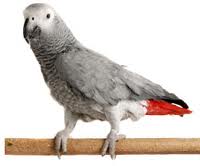 |
| Your pet bird would obviously need a cage. The larger the better, and with appropriate bar spacing depending on your species. Be careful with bird toys and accessories. Look for potential dangers such as toxicity or parts that can be chewed off or swallowed and areas that could trap an unwary beak or foot. Seek advice from your local bird shop for the appropriate food for your bird species and other general care aspects. Your local animal clinic will also offer advice aimed at keeping your bird healthy and happy. Above all, share your love and affection with a pet bird and enjoy the companionship you’ll get back in return. | |||

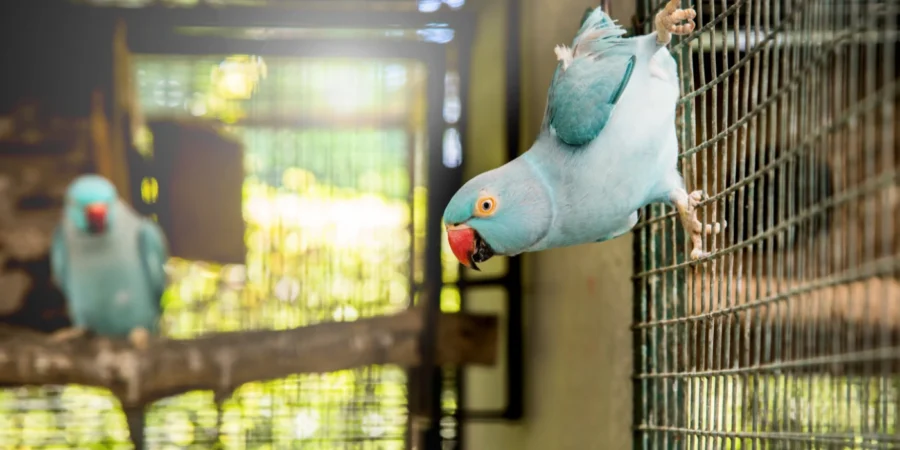
Leave a Reply